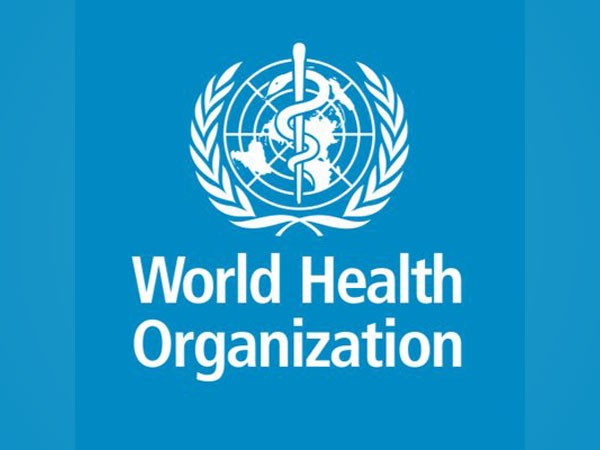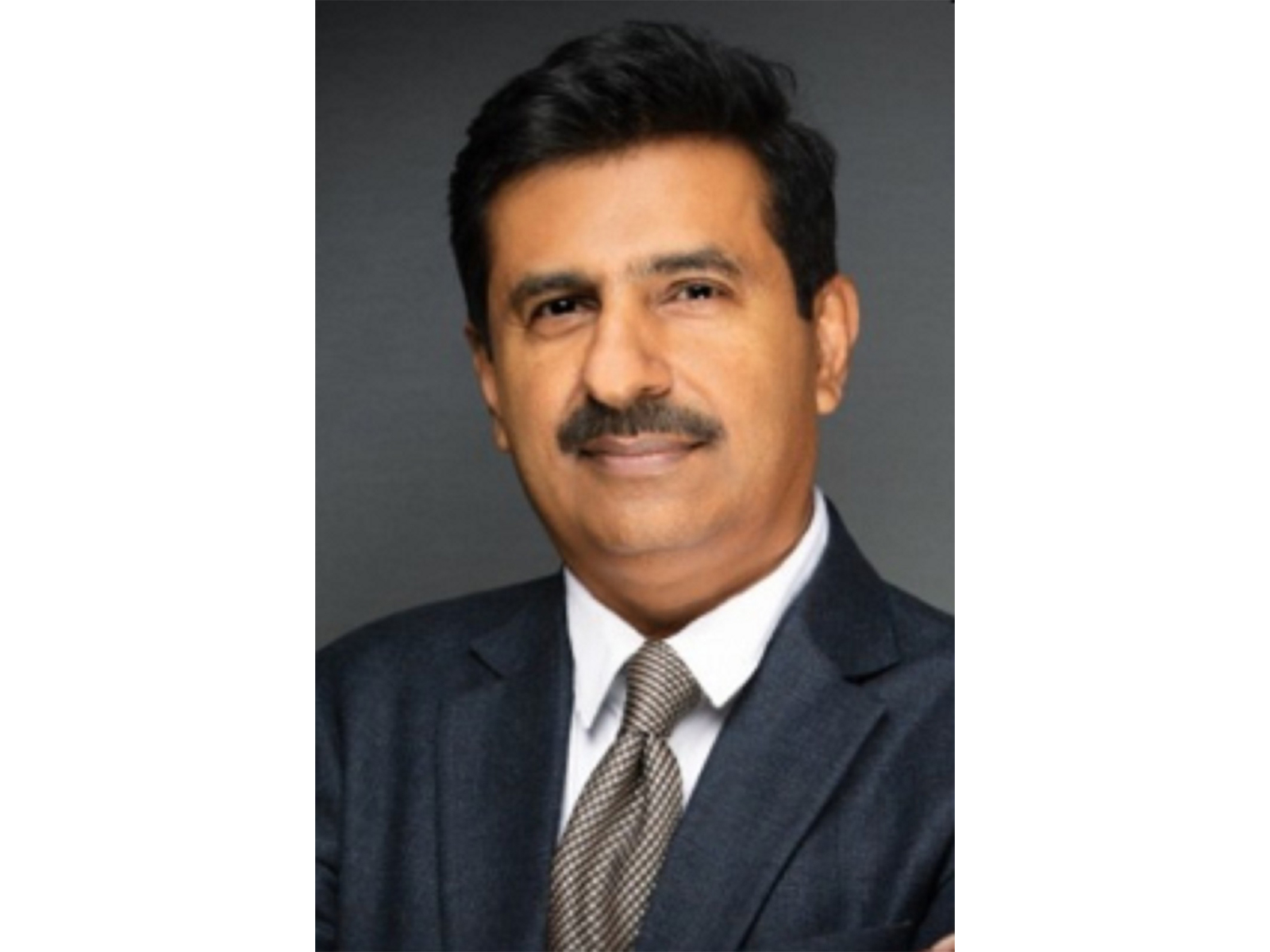WHO calls for greater investment in brain health, care services
Oct 16, 2025
Geneva [Switzerland], October 16: Countries must scale up investment and care to treat neurological disorders, responsible for over 11 million deaths each year, the World Health Organisation (WHO) said on Tuesday.
More than 40% of the global population - over three billion people - are affected by neurological conditions, according to WHO's first-ever report on the issue.
The top 10 include stroke, migraine, meningitis, Alzheimer's disease and other dementias, as well as neurological complications linked to pre-term birth, autism spectrum disorders, and cancers of the nervous systems.
"With more than one in three people in the world living with conditions affecting their brain we must do all we can to improve the healthcare they need," said Dr. Jeremy Farrar, a WHO Assistant Director-General.
"Many of these neurological conditions can be prevented or effectively treated, yet services remain out of reach for most - especially in rural and underserved areas."
Despite the numbers, less than one in three countries has a national policy to address the growing burden.
WHO has 194 Member States and only 102 contributed to the report, or 53 per cent - "an indicator of the limited attention given to neurology," the UN agency said.
Just 63 countries, 32 per cent, have a national policy on neurological disorders, and only 34 countries, 18 per cent, have dedicated funding to address them.
The report found that low-income countries have more than 80 times fewer neurologists than richer nations.
WHO urged governments "to make neurological disorders a policy priority through bold leadership and sustained investment," and to expand access to care through universal health coverage.
Other actions include promoting brain health and strengthening both health systems and monitoring.
Source: Emirates News Agency








